7 Ways to Optimize for Google Assistant, Siri, and Alexa
Tips | AI SEO | GEO | LLM SEO

This blog is curated and hosted by the outwrite.ai platform itself - yours can look just as good 3 minutes from now.
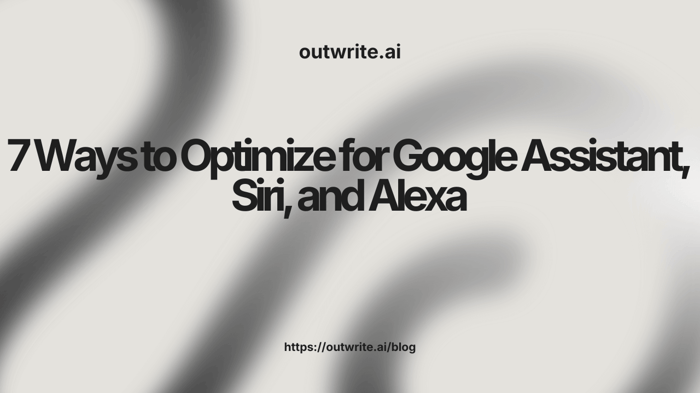
Tips | AI SEO | GEO | LLM SEO
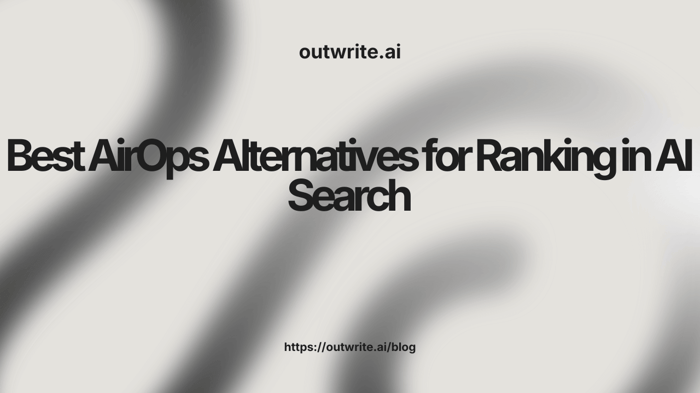
AI SEO | AEO | AI Search
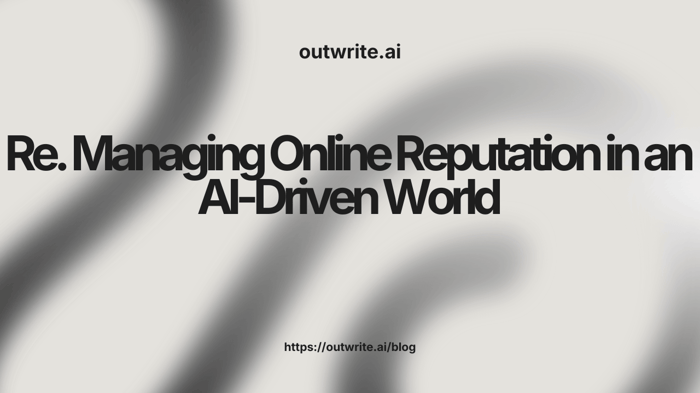
AI SEO | LLM SEO | LLM Citations
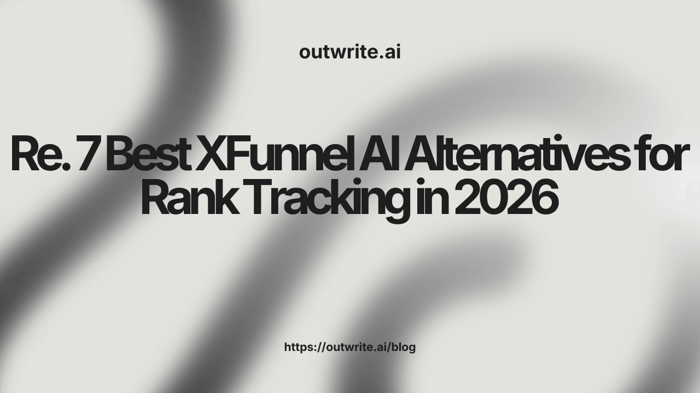
AI SEO | AEO | AI Search
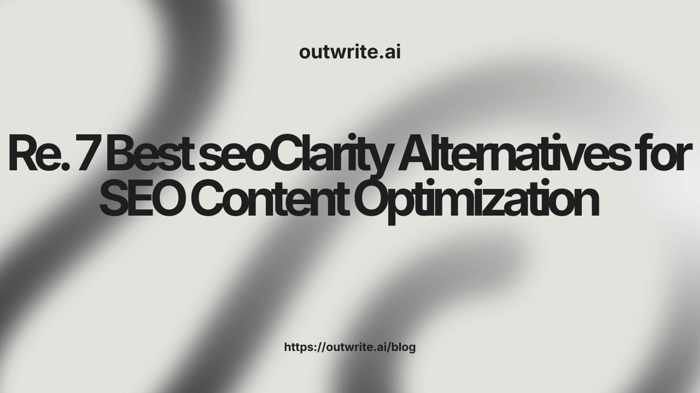
AI SEO | AEO | AI Search
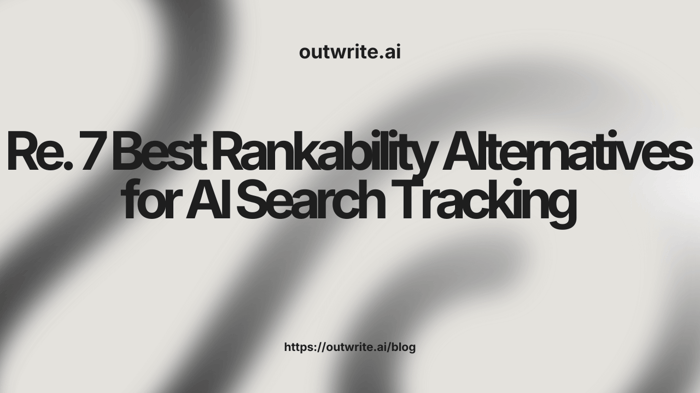
AI SEO | AEO | AI Search
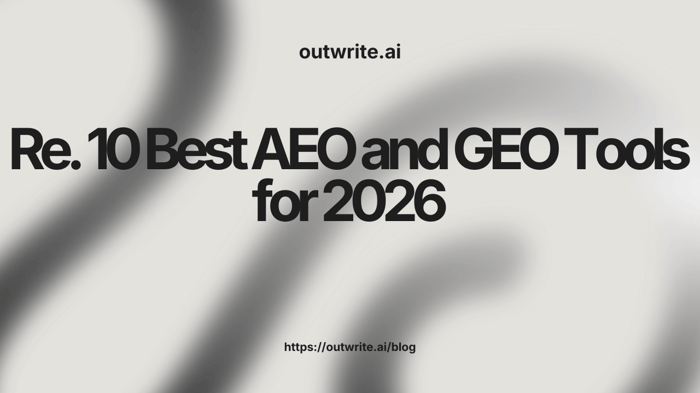
AI SEO | AEO | AI Search
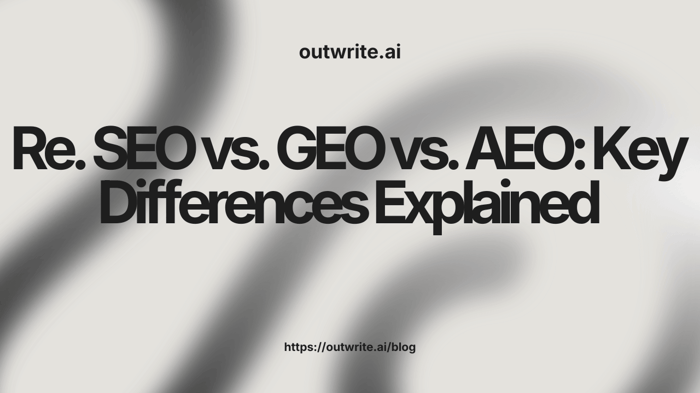
AI SEO | GEO | AEO | AI Search
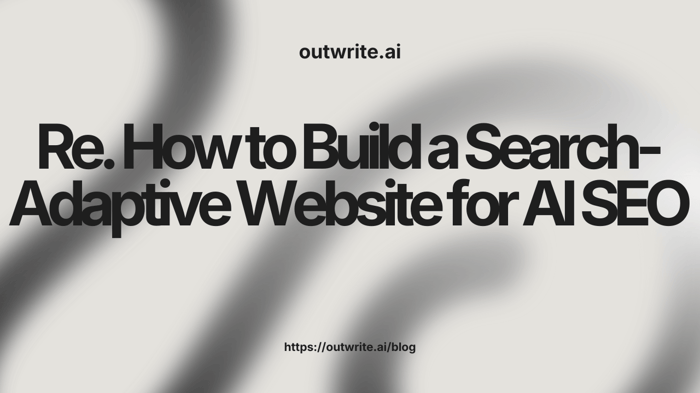
Tips | AI SEO | GEO
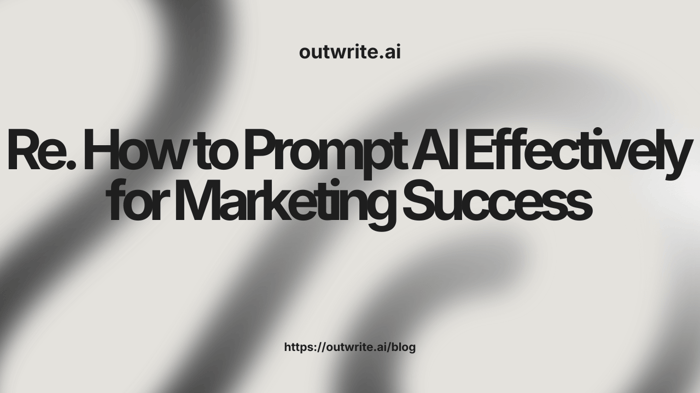
AI SEO | AEO | AI Search